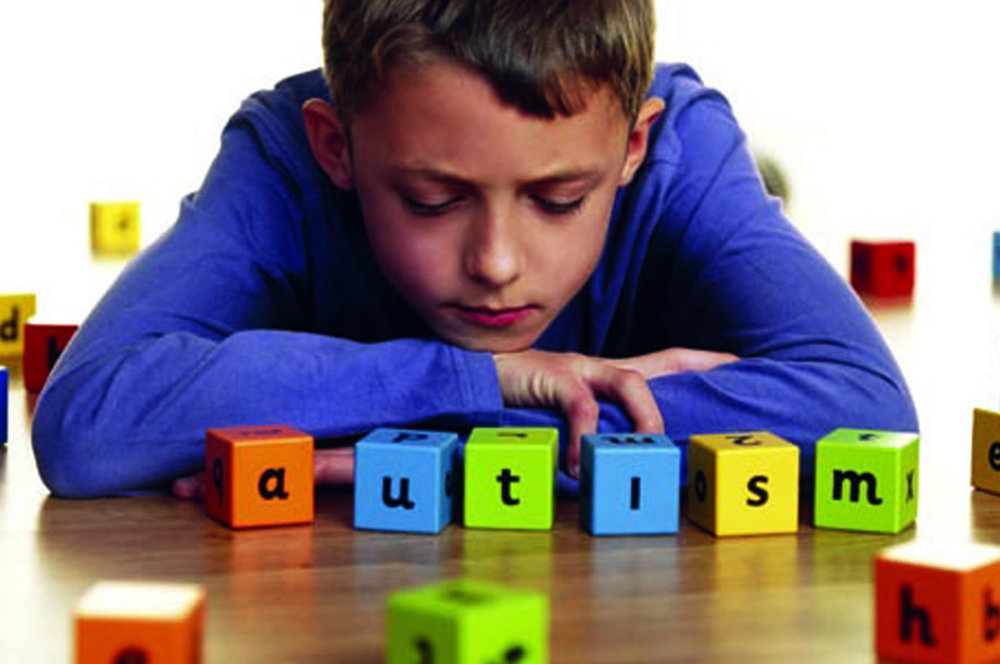Music has been the source of comfort and pleasure for centuries. Earlier, music’s benefits were known to have pain-alleviating effects, but today, studies have shown that music helps to develop and improve cognitive abilities and remove emotional challenges as well.
Music and music therapy have become widely used and important parts of treatment for people with diagnoses on the autism spectrum disorder, helping them engage, calm, and communicate.
however, there is currently no neuroscientific evidence supporting its benefits. Given its universal appeal, intrinsic reward value, and ability to modify brain and behavior, music may be a potential therapeutic aid in autism.

Music therapy basically gives an easier avenue to such children to communicate. Children can use singing, playing instruments, songwriting, listening to songs, and music to make their communication skills better. In turn, therapists use singing and music to teach the children to overcome their inhibitions and improve their interaction skills with other children or with their own parents. This can be done effectively by pairing certain musical cues with specific skills and actions. Later on, after sufficient training, the child can easily use their new-found skills without the need for musical cues. The cues are gently phased out as the child progresses in learning the particular skills.

Music therapy is an excellent way to teach such children the value of taking turns and making eye contact, skills that are socially important but are lacking in them. Apart from the musical cues, the therapy also works by making songs that promote basic social and peer interaction skills, such as taking turns.
What is involved in Music Therapy for Autism?
In general, music therapy mainly involves four stages:
1. Assessment –
The therapist will assess the child to find out the specific symptoms of the condition. As music therapy is not a stand-alone treatment and mostly combined with other treatment therapies that help treat ASD (autism spectrum disorder), the music therapist will consult the child’s doctor and other therapists for essential and additional background information.
2 Setting Goals –
A customized and detailed program is scheduled according to the child’s individual requirements.
3. Activity Planning –
Music therapy sessions will include specifically designed activities that are suitable for a particular child. These include acting on musical cues, dancing to music, singing, and songwriting, playing musical instruments, listening to music, improvising, and working effectively as part of a group of peers.
4. Evaluation –
Regular evaluations are planned to assess the progress of the individual child to ensure the efficient development of their communication and interaction skills.
Various research studies have shown the considerable contribution that music therapy has towards the improvement of communications and interactive skills in children affected by ASD (Autism Spectrum Disorder).

